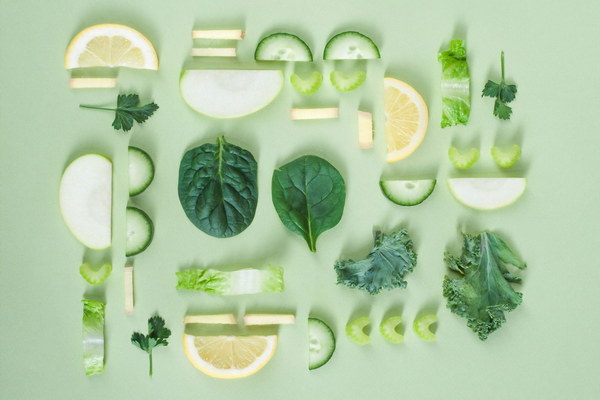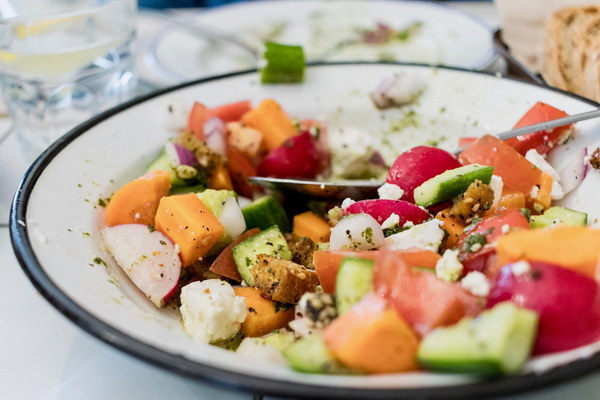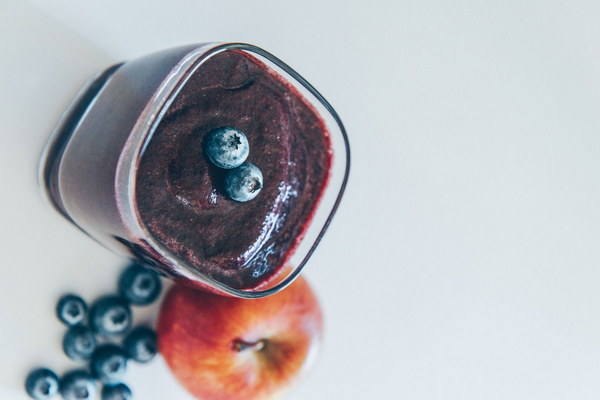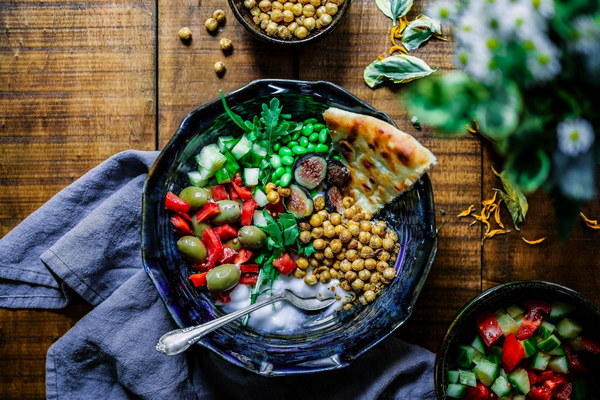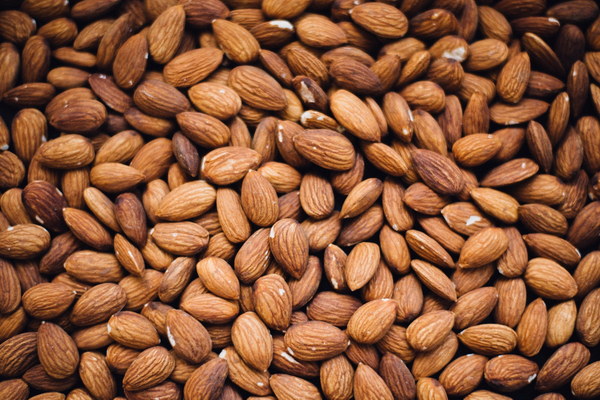How to Complement Your Diet for Bloating Effective Tips for a Flatter Stomach
Bloating can be a pesky problem for many people, often making us feel uncomfortable and self-conscious. It can be caused by various factors such as poor diet, stress, and even certain medical conditions. While there's no one-size-fits-all solution for bloating, incorporating the right foods and practices into your diet can help alleviate symptoms and keep your stomach looking and feeling flat. Here, we discuss how to complement your diet for bloating and achieve a flatter stomach.
1. Consume More Fiber
Fiber is essential for a healthy digestive system. It helps to keep things moving and can prevent constipation, which can lead to bloating. However, it's important to increase your fiber intake gradually to avoid discomfort. Add more fruits, vegetables, whole grains, and legumes to your diet. Some great fiber-rich foods include apples, berries, carrots, broccoli, beans, and lentils.
2. Choose Foods Rich in Probiotics
Probiotics are beneficial bacteria that can help maintain a healthy gut. Consuming foods rich in probiotics can help improve digestion and reduce bloating. Foods like yogurt, kefir, sauerkraut, kimchi, and kombucha are all excellent sources of probiotics. If you're not a fan of these foods, you can also consider taking a probiotic supplement.
3. Stay Hydrated
Drinking plenty of water is crucial for maintaining a healthy digestive system. Water helps to keep things moving and can prevent constipation. Aim to drink at least eight glasses of water per day. You can also add a slice of lemon or cucumber to your water for extra flavor.

4. Limit Gas-Producing Foods
Certain foods are known to produce more gas in the body, leading to bloating. These include beans, lentils, cruciferous vegetables (like broccoli, cauliflower, and Brussels sprouts), onions, garlic, and dairy products. While you don't need to completely eliminate these foods from your diet, try to limit your intake and see if it makes a difference.
5. Eat Smaller, More Frequent Meals
Eating smaller, more frequent meals can help prevent overeating and reduce bloating. When you overeat, your stomach may become distended, leading to discomfort. Try to eat smaller portions and give yourself time to digest between meals.
6. Avoid Chewing Gum and Smoking
Chewing gum and smoking can both contribute to bloating. Chewing gum causes you to swallow air, while smoking can increase the production of stomach acid and disrupt your digestive system. If you're a gum chewer or a smoker, try to cut back or quit altogether.
7. Manage Stress
Stress can lead to bloating by affecting your digestive system. Try to manage stress through activities like yoga, meditation, or deep-breathing exercises. You can also consider speaking with a mental health professional for personalized guidance.
8. Avoid Carbonated Beverages
Carbonated drinks contain carbon dioxide, which can cause bloating. If you're prone to bloating, consider switching to water, herbal teas, or other non-carbonated beverages.
In conclusion, bloating can be a frustrating issue, but by making some simple changes to your diet and lifestyle, you can reduce symptoms and achieve a flatter stomach. Incorporating more fiber, probiotics, and water into your diet, while limiting gas-producing foods and managing stress, can help alleviate bloating and improve your overall digestive health.
